Master in Molecular Medicine Program
Currently, there is no other MMM program available in Kazakhstan making this Nazarbayev University School of Medicine (NUSOM) initiative unique.
The two-year MMM degree offered at NUSOM is based on the highest international standards. The School of Medicine provides highly-qualified international faculty.
Career and Educational Opportunities After Graduation
Students who complete this program will be eligible to undertake a PhD either in Kazakhstan or abroad or work in industry, diagnostic services or pursue a career in academic medicine. The program will also be suitable for clinicians interested in a clinical academic career.
MMM Program Aims
The aims of the MMM program are:
- To transfer competence and knowledge in the rapidly advancing field of molecular medicine;
- To find innovative ways of preventing, treating and diagnosing diseases;
- To provide students with specialised research skills that enable them to translate laboratory discoveries into medical treatments;
- To attain marketable skills in biomedicine;
- To form a brand new generation of professionals capable of contributing to the technological innovation and growth of Kazakhstan.
MMM Program Learning Outcomes
The MMM at NUSOM is a two year full-time program designed to give students knowledge and skills at the forefront of molecular medicine as well as a solid foundation for a career in biomedical research. Taught courses cover, but are not limited to, the molecular basis of infection, immunology & inflammation, cancer, neurological disorders, genetic disease, therapeutics, research bioethics, medical bioinformatics, biostatistics and entrepreneurship/industrial partnerships. ‘State of the art’ research facilities will enable students to engage in cutting edge research on important biomedical issues relevant to human health and disease.
On successful completion of the program, graduates will be able to:
1) Demonstrate, in both oral and written form, specialized knowledge of core subjects in the Molecular Medicine program.
2) Apply intellectual critical thinking and problem solving and analytical skills to research in molecular medicine.
3) Perform technical scientific experiments with precision and accuracy.
4) Exhibit written and oral communication skills that enable the clear dissemination of complex scientific information.
5) Carry out research and scientific responsibilities in accordance with ethical and professional standards.
6) Demonstrate the knowledge and skills to translate laboratory findings into medical treatments.




